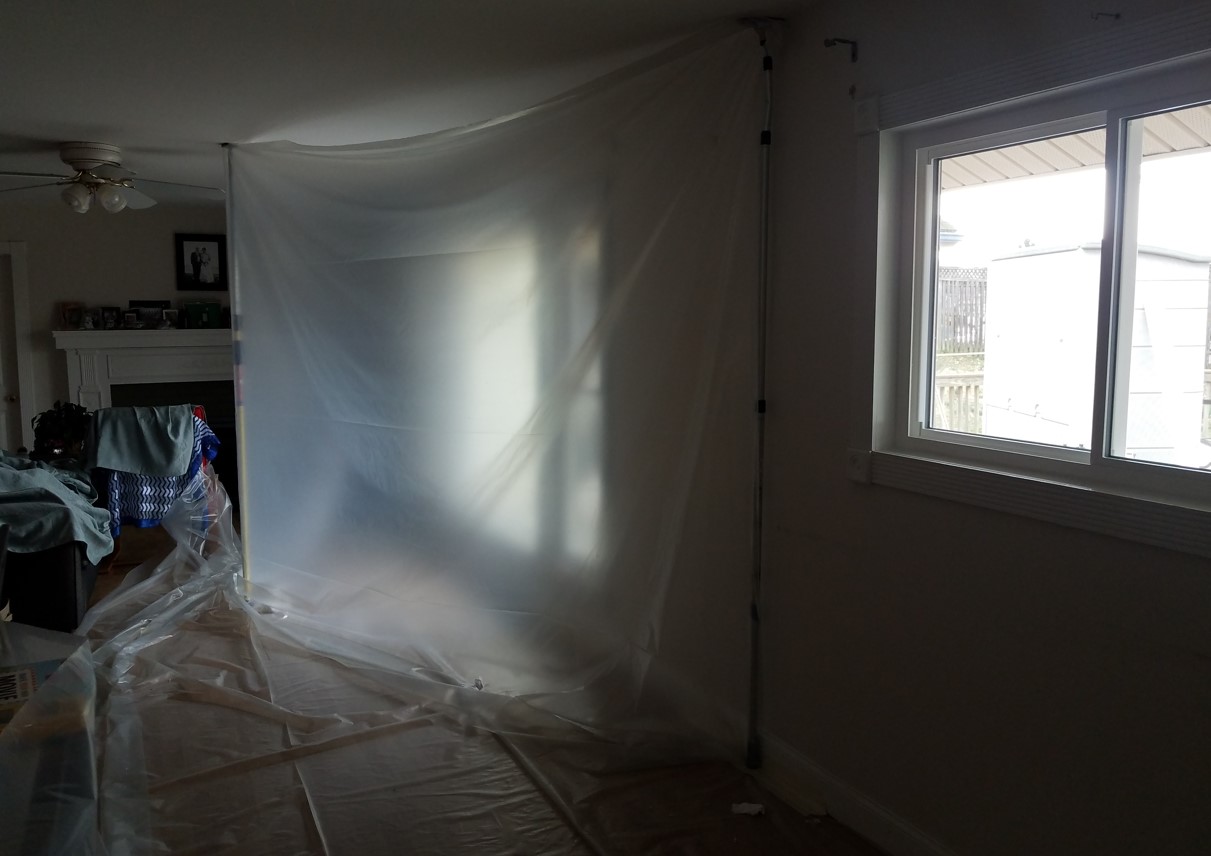
As a business owner, it’s your responsibility to ensure the safety of those who visit and work in your facility. Unfortunately, certain hazardous materials can pose a significant health risk when left untreated. Fortunately, you can access commercial abatement services that help protect public health. This blog post will explore commercial reduction and how it helps remove these dangerous compounds from buildings and other structures. Learn more about reduction’s critical role in ensuring community safety and legal compliance.
What is Commercial Abatement, and Why Is It Necessary for Protecting Public Health
Commercial abatement is a critical practice in preserving public health. It includes various techniques intended to protect people from hazards associated with commercial activities, such as airborne contaminants or noise pollution. By ensuring that businesses conform to specific safety standards for environmental safety, communities worldwide can be sure that their well-being is not sacrificed for short-term profit gains. This includes processes like air quality monitoring, proper waste disposal techniques, and rigorous inspections of workplaces. Being exposed to hazardous byproducts due to poor business practices can have serious long-term consequences on public health, so local communities must ensure these regulations are followed and enforced without fail. Overall, the commercial reduction is critical for protecting the global population’s well-being in the long run.
Identifying Hazardous Materials in Commercial Spaces
Regarding commercial spaces, it’s essential to identify and comply with regulations concerning hazardous materials. This goes beyond standard office supplies—dangerous materials can range from aerosol cans containing pressurized flammable liquids like propane or butane to cleaning solvents and medical supplies. Business owners must ensure that anyone handling these substances is adequately trained to use them safely and aware of their potential health effects. It’s also essential for management teams to keep an updated inventory of such materials so that they can be easily identified in case of emergency. Taking these precautions is vital to upholding safety standards within a workspace!
Developing a Strategy for Removing the Hazardous Materials
Developing a strategy for removing hazardous materials can be complex, but it doesn’t have to be overwhelming. There are basic guidelines to remember when creating your plan: identify the scope of the hazardous material, determine who is responsible for containment and clean-up, consider your local environmental regulations, and identify safety measures for humans and the environment. Once you’ve established these guidelines and laid out a plan, you’ll have assured that the work will be completed safely and efficiently and that your organization meets all its regulatory requirements. Implementing these procedures quickly is essential – hazardous materials can pose serious safety risks and should not be taken lightly.
Standard Methods for Safely Removing Hazardous Materials from Commercial Spaces
Removing hazardous materials from commercial spaces can be a daunting task, but there are several steps you can take to protect yourself and your environment while doing so. First and foremost, always wear the appropriate protective clothing, such as gloves and respirators. Secondly, it’s essential to thoroughly investigate the area beforehand to identify where the hazardous materials are located and what type of substances they contain. Thirdly, you should follow established protocols for safely and efficiently removing any contaminated items. These steps will ensure that hazardous materials are safely removed from a commercial space without endangering anyone or creating an environmental hazard.
The Role of Professional Abatement Companies in Ensuring Compliance with Safety Standards
Professional abatement companies are vital in ensuring safety standards are met and maintained. These companies employ experts such as certified industrial hygienists, safety specialists, and engineers with specialized knowledge and training related to workplace safety standards. Clients can depend on these professionals to identify potential risks and compliance issues associated with their operations and develop effective strategies for meeting legal requirements. Thanks to the work of these experts, businesses everywhere can be sure that they are taking all necessary steps to protect the safety of their employees and customers. Ultimately, professional abatement companies provide greater peace of mind when creating a safe environment in every workplace.
The Long-Term Benefits of Investing in Commercial Abatement Services
Investing in commercial abatement services can offer many long-term benefits for businesses of all sizes. By taking proactive measures to ensure that buildings are optimized and safe from potential issues, companies can reduce the likelihood of an emergency while saving money. Commercial abatement services such as mold testing, asbestos sampling, moisture surveys, and fireproofing can identify current and potential hazards before they lead to more severe problems like health concerns or permanent structural damage. Additionally, it is possible to receive tax credits when using qualified providers, which further helps businesses save money over the long term. These beneficial services can help companies stay one step ahead of potential issues while ensuring their buildings are up-to-date and all occupants are safe.
In conclusion, commercial abatement is an essential investment for the health of those who access public spaces and employers who want to maintain a safe environment. Ensuring that hazardous materials are removed safely is paramount. Success relies upon identifying possible hazards, a comprehensive and relevant remediating strategy, and employing a trusted abatement company that can comply with safety/building regulations. Not only does this ensure everyone’s safety, but it can also provide long-term financial benefits for your business. Investing in these services will help protect public health and reduce potential legal exposure from accidents or other underlying issues that commercial abatement may have otherwise identified. With the insight provided by expert abatement companies, you have everything you need to ensure you’re doing right by yourself, your employees, and the general public.


